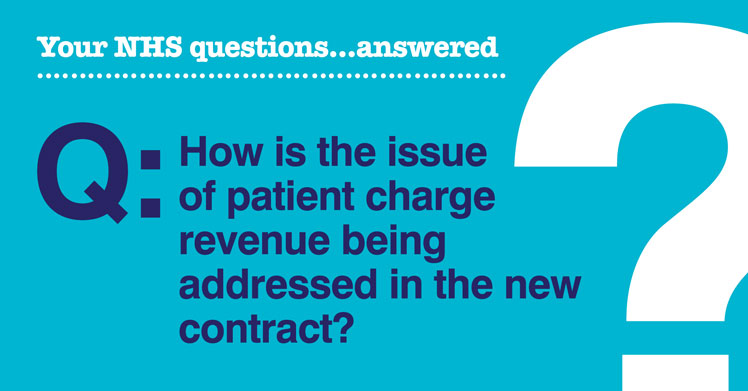Patient charges have risen, but the same cannot be said for contract values. And, alongside the growing gap between UDA values and these charges, it can be a balancing act. Here, we ask Paul Worskett, a principal dentist who has been running one of the NHS prototype practices, whether he thinks contract reform will have any impact on this issue.
In the dental contract reform process, prototype practices are measured on capitation and activity. The activity component is based on UDAs and therefore UDAs are still counted for courses of treatment. UDAs determine patient charges due; so patient charge revenue (PCR) is calculated in exactly the same way in the prototypes as it is in UDA practices. From a patient’s perspective, the charges are the same and there is no discernible difference between a prototype practice and a UDA practice, at least as far as charges are concerned.
“From a patient’s perspective, the charges are the same and there is no discernible difference between a prototype practice and a UDA practice, at least as far as charges are concerned.”
Charging patients for NHS dental treatment has always gone against the NHS principle of being “free at the point of delivery”, but it is now so well established that it has become accepted; and given the financial problems facing the NHS, it is not likely to go away any time soon. PCR as a proportion of the NHS dental budget has increased over time and it is likely that this continues to increase in the future, with patients paying an even greater proportion of the dental budget, and the NHS proportionately less. The BDA estimate that PCR will account for a third of the NHS dental budget within four years and will actually exceed government funding if the trend continues, and the government’s contribution will reduce in real terms. So, if we accept that PCR is here to stay, perhaps a more interesting discussion would be around what could be done to change PCR and how should it be used?
Patients may be accustomed to paying a charge for treatment, but how do you charge for prevention? Perhaps we should consider using patient charges to incentivise desired treatment outcomes? For instance, wouldn’t it make sense for patients to be rewarded for “good behaviour” by having a reduced charge? So if a patient attends all their appointments regularly, or improves their plaque score or BPE score, could they benefit from a discount?
Patient charges should be set to reflect the value of the dentistry that a patient receives. There are two reasons for this:
- Patients will have a better appreciation of the value of treatment. A root filling, for example, is currently free to a patient, since they pay no more for it as part of a band two treatment. Paying a charge for the root filling, which is proportional to the cost of providing it, will help the patient realise the time and skill of the dentist in providing that treatment.
- Patients may be incentivised to look after their teeth better. If a patient has invested in their own dental care financially, they are perhaps more likely to care for their oral health better in the future to ensure they benefit from their investment.
This may mean a reintroduction to item of service for some treatments, but as a means of costing and payment, this undoubtedly has a place for many examples of treatment.
The BDA has just published an excellent report1, which looks at the impact of patient charges in more detail and makes for very thought-provoking reading. The report suggests that many patients are discouraged from NHS treatment due to patient charges, whilst there is a lot of confusion and lack of awareness about which patient groups are exempt from charges. All of this serves to discourage some patients from accessing NHS dentistry and these are often the very patients who are most in need of it.
“The disparity between NHS charges and private charges will close as a result of NHS charges increasing, and this will make more patients consider private options as an alternative to NHS dentistry.”
The disparity between NHS charges and private charges will close as a result of NHS charges increasing, and this will make more patients consider private options as an alternative to NHS dentistry. It is already feasible that some examples of treatment could be cheaper to provide privately, than on the NHS (e.g. an acrylic denture to replace a single tooth). Dentists will therefore have more opportunity to present alternative private treatment options to their patients and expand the scope of dental care that they can offer, such as monthly payment plans, which enable patients to budget for dental care and dentists to provide a cost-effective service. This is likely to encourage more dentistry to be provided privately, rather than on the NHS.
The current NHS system of patient charges is biased against patients most in need of help. It is illogical, unfair and does not promote the right message to patients. Patient charges is an area of NHS policy that needs a radical rethink alongside the dental contract reform process.
1.https://bda.org/news-centre/press-releases/Pages/Dentists-call-for-charges-shake-up.aspx
